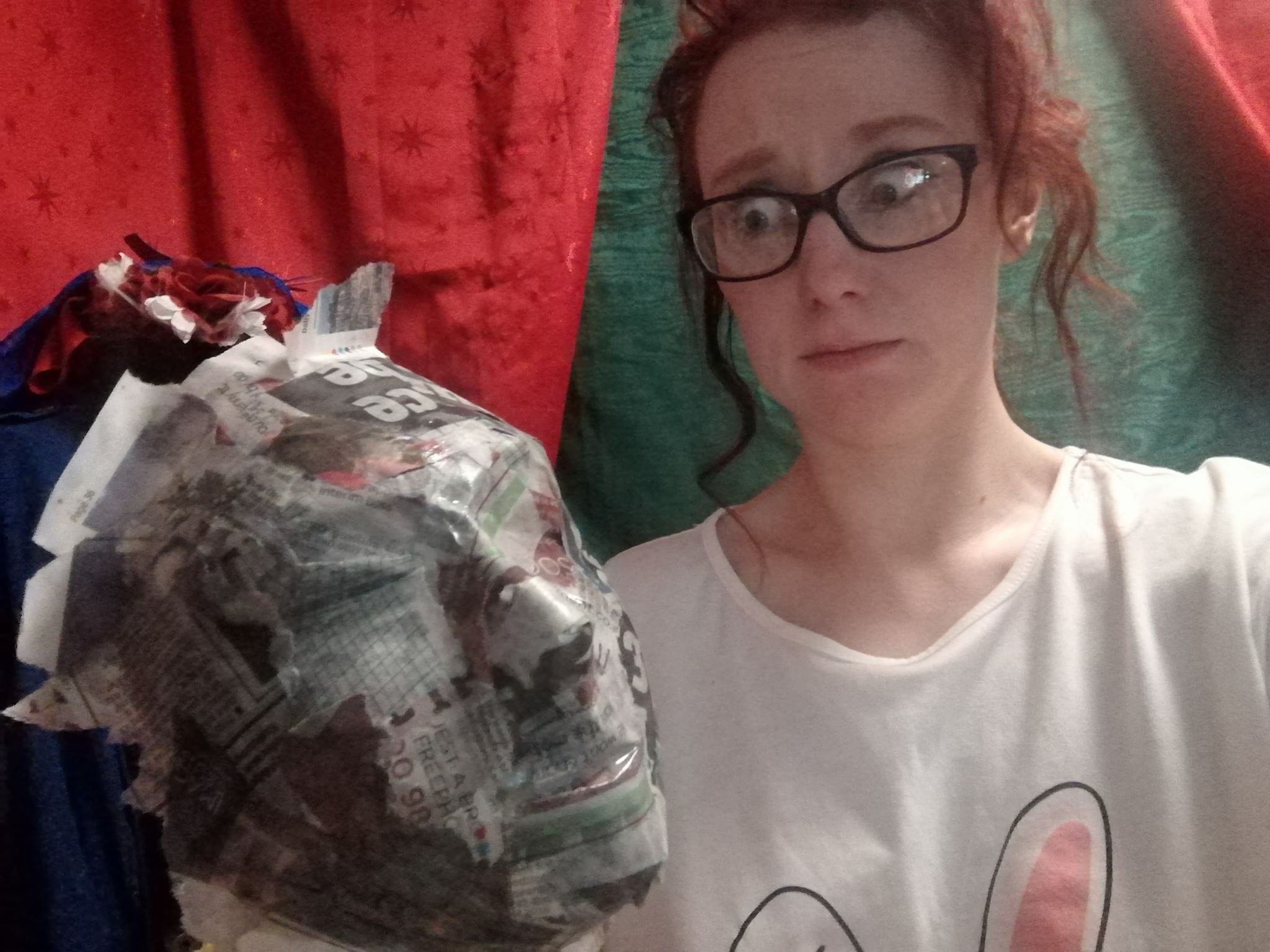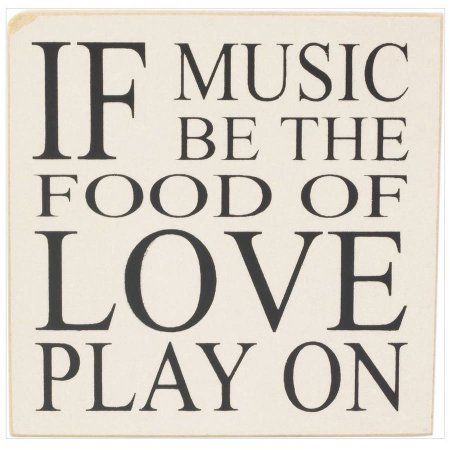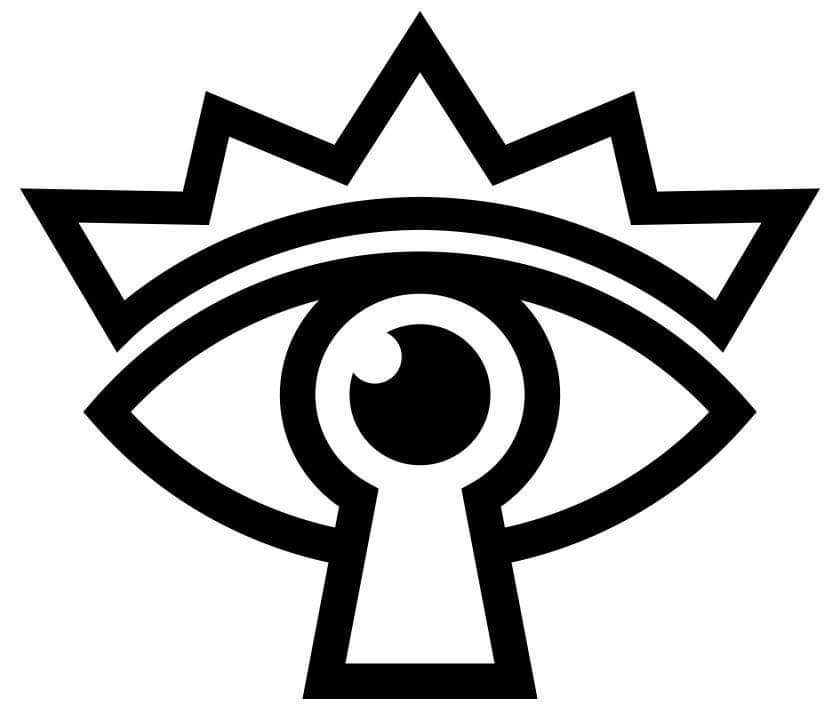You have a Nerve!

All performers have to face that dreaded feeling we get just before plunging ourselves into the deep end that is, walking out in front of an audience to put on a show.
We all experience and react to this excitement in different ways. Some pace, some go over their scripts. Some perform breathing exercises and have physical or vocal warm ups. Guaranteed we all experience every kind of emotion before performing. Some even say they feel nothing. Developing little rituals to cope is completely normal too. These repetitive comforts help us to feel in control before we thrust ourselves into a situation where we have none. These dreaded feelings we all experience are Nerves.
“Being nervous isn’t bad, it just means something important is happening”
Michael Jordan
Feeling nervous is actually a good thing. It means your body is preparing itself physically to do what you need it to. Having nerves before a show is usually a stress response to a threat your body is feeling – I know the threat of an audience watching can be terrifying to some people. But nerves usually kick in preparing the body by pumping adrenaline through our veins.
The good thing is, that over time you get used to that uneasy feeling. When it arrives, it explodes via a combination of anxiety, dread and excitement all at once. It is possible to learn to recognise and suppress it in order to perform. Nerves can be both good and bad. For example, if you are performing a new effect and you are scared that it might go wrong beforehand, the nervous dread I find sometimes gives me the physical energy to get through it. (It won’t be perfect) However, sometimes I look back on nervous performances and laugh at things I said that I didn’t rehearse.
There are also bad side effects to nervousness. If someone does not handle their nerves well they sometimes do more to suppress them. Like drink alcohol, take drugs, smoke, or even just refuse to get on stage when the time comes for fear of failure. All of these options I think are ways to avoid facing the actual problem. And quite frankly if you are needing something ‘stronger’ than yourself to get on stage well, I don’t think you should be getting onto a stage at all.

Performing on stage is already addictive for most people. That feeling of glory when the audience claps. Combining that with a drug, or an addictive relaxant will lull you into a false sense of security and it is easy to begin needing it before a performance. Sadly some performers cannot get on stage without it.
At first I was afraid, I was petrified… but I grew strong.
There are some things I have found that helps me to alleviate the scale of apprehension I feel before performing. I call it the,
RAINBOW Method
- Recognition
It is amazing that you can manage get to the exact second before stepping onto the stage without feeling nerves and then it hits you. That churning feeling in the tummy, the faint feeling in the body and shaking off the hands. However, if you identify this immediately as your nerves kick in, no matter when they come you will be able to justify them. Being ‘nervous’ will become a familiar feeling and an accepted component of the process to getting on stage.
Before entering a birthday party, if I am feeling particularly nervous I always say to myself “You know as soon as you ring that doorbell, the show will be over because when you enter performance mode, the time will fly.” And it’s true. It happens all the time. The longest period we feel is the apprehension seconds before we have to perform. If you can recognise this feeling immediately you can rationalise an end to it. That will be enough to enable you to get through it.
- Allow
Time is very important. And planning time is essential. If you are mentally and physically prepared for performance it really helps you to feel confident in your material. Especially if the effects are brand new.
I remember when I started in magic I was afraid of performing sponge balls. But forced myself to learn them because every magician learns them. At the time it was like a right of passage and itt took me a very long time to be able to perform a false transfer with confidence. In order to prepare myself for each show, for about 3 years, I rehearsed my spongeball routine before every performance in my car, even if I had three shows a day, I rehearsed before each of them .
Now I am at the point I could perform this trick in my sleep. So it is always good to rehearse whether it’s physically, verbally or running through the motions in your head. Preparation for performance is key to the success of it, so make sure you give yourself time before shows. And don’t be late. The anxiety you face on top of normal nerves is enough to make one never perform again.
- Invest
It is important that you begin to believe in yourself. Personally, my 20’s were fun but I had to deal with a lot. The repercussions of this was that three years ago my self esteem hit rock bottom. When you stop believing or rather investing in yourself as a person you give your brain complete control and lousy feelings take over. Some of which you begin to affirm even if they are not true. We are programmed in a way to not like ourselves, or rather be extremely critical of what we do. It’s like a default switch you must learn to turn off. Or at least control.
If you are having bad thoughts, say them out loud. I bet they don’t sound nice when you actually say them to yourself, right? But it’s somehow ok for your brain to think those thoughts all day long. Don’t let it control you. The only person you are competing against is yourself. You must become your own super fan, because no one else will become that for you.
- New
Having nerves are normal and you will feel them whether you are performing something old or new. You will of course feel more nervous with new material because you have no idea how it will be received. But, if you never try it, you won’t know if its good or terrible. As performers, we must try new things daily to become more experienced, progress our skills and more importantly prevent boredom. This is one of the reasons I love and hate performing new material. The feeling I get performing something brand new is a mixture of sickness and elation combined and that edgy feeling is addictive – once you get used to it.
Please aim to be brave. The worst thing you could do is not to try at all because of nerves. Do not let them win.
- Breathe
Remembering to breathe properly is essential. It keeps your body regulated and calm. A little exercise I do before each performance is this below. It actually came about when I was a box jumper. (Other illusionists who have been in tight spaces for any amount of time might recognise this). When you are confined to a small space, it helps to be relaxed. If you are tense the space becomes even tighter and uncomfortable. Taking a deep breath before entering a small, dark, cold box helps.
Try this. Take a deep breath in through your nose and hold it for five seconds or as long as you can. Then release it slowly through your mouth. This exercise will help slow down your heart rate by pushing oxygen around the body and brain. (I normally repeat this exercise a maximum of 3 times as any more than this you will begin feeling dizzy). Doing breathing exercises help to make us aware of our bodies and lungs. Our essential performing tools.
- Organise
Know the material inside out that you are about to perform and organise props efficiently. Struggling to find the props will only exacerbate those nervous feelings you have already. And, if you are unsure of the material you are about to perform, anything could happen. Being prepared as much as you can helps you to remain calm, no matter what happens. Trust me, I have learnt since I was twenty one that every outcome thought of will happen at some stage when performing magic. In the moment it will surprise you, but if you are organised you are more equipped to deal with it. Or rather have an exit strategy out of a sticky situation.
※
On that note if anyone watched me last Friday on the Chicago Magic Lounge I had an epic fail however managed to sneak my out of it via the thinking behind Dai Vernon’s “The Trick that cannot be explained.” It was terrifying at the time, but I did it and have learnt to make sure my material (especially mentalism effects which I am quite new too) have no loose ends. It is good to take risks in magic, but not walk into them blindly.
- Work on it
Being a magician you learn quite early on that practice makes perfect. We need to treat our nerves like magic. Get to know the feelings before they occur. Expect them even. If you give the same amount of time to working on your neves as your performance, you will indeed flourish.
I hope you find my R.A.I.N.B.O.W method useful.
And (being Irish) remember at the end of a rainbow, there is usually a pot of gold. The gold being becoming a better performer.
